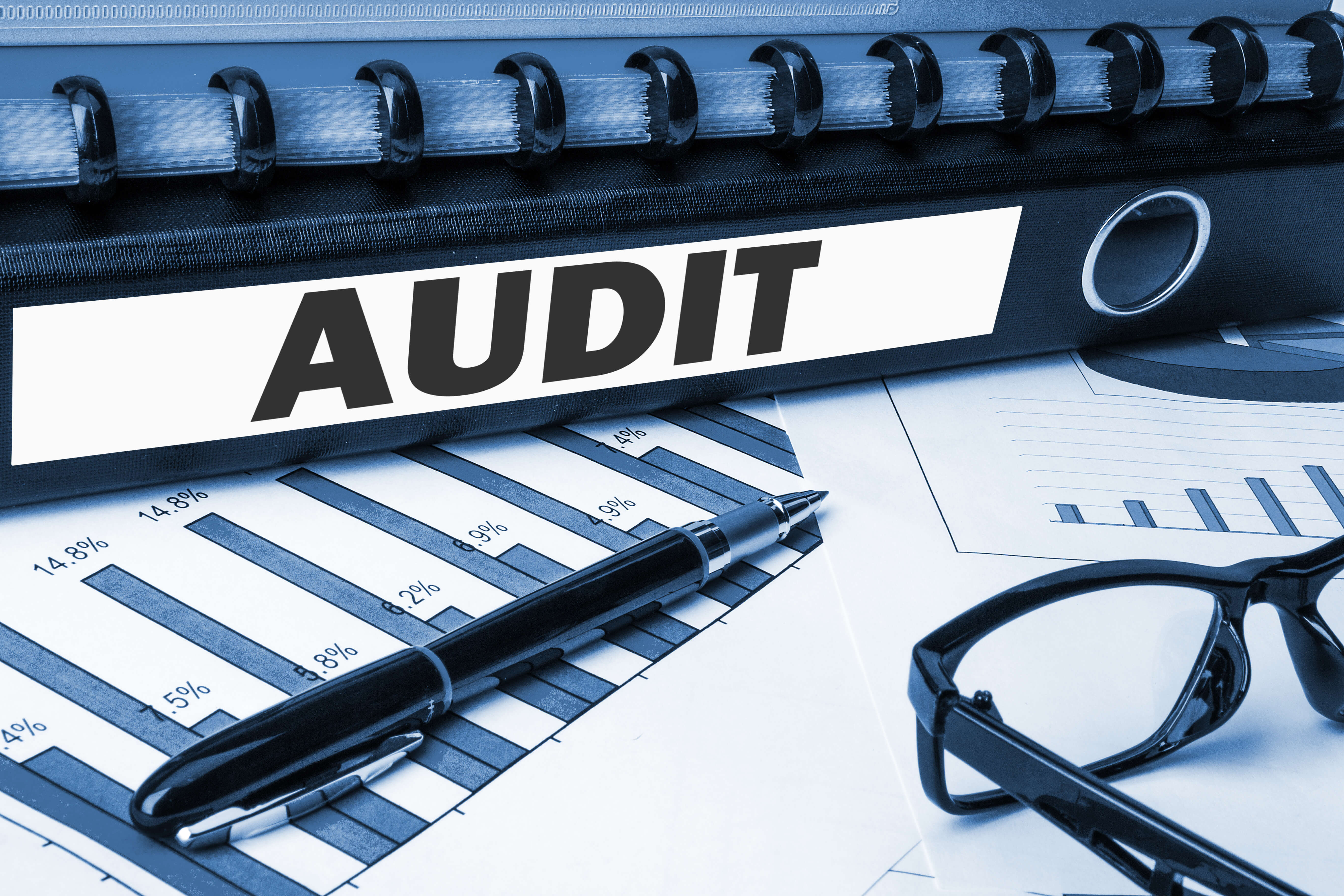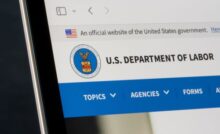Ready for Your First Benefit Plan Audit?


document folder with label audit
The first time a benefit plan (401k, 403b, pension, etc.) is required to have a benefit plan audit can be challenging and stressful. Generally speaking, once the plan has over 120 eligible participants at the beginning of the plan year, the IRS and Department of Labor (DOL) require that a plan audit is completed by an independent accounting firm. The auditor is required to determine the plan is operating according to plan documents and other regulations. Areas commonly examined include plan operations, financial reporting, participant loans, deferrals and even eligibility rules. Since it’s likely the plan has never been reviewed in such detail the questions and documentation requests may seem overwhelming. The good news is it’s not all gloom and doom. There are steps you can take before the audit to make the process smoother. To help clients, prospects and others, Wilson Lewis has provided an overview of the audit process and preparation tips below.
Audit Process Overview
There are generally 4 phases to the benefit plan audit process including the planning, fieldwork, wrap up and audit report phases. During the planning phase expectations are set, timing reviewed, and initial document and other requests are made. This is an excellent time to ask your auditor questions and gain a better understanding of what to expect. During this phase the auditor will review documents to gain an understanding of how the plan functions and essentials specific to your plan. The fieldwork phase is when staff from the audit firm test plan transactions and ensure compliance with plan documents. The wrap up phase is when the auditor holds a closing meeting to discuss any issues, areas of concern or outstanding items. Finally, the audit report will be issued with the auditor’s opinion on the condition of the plan’s financial statement.
Getting Ready!
- Hire a Qualified Auditor – It is important to find a firm that has experience in auditing benefit plans. This is important because the greater the firm’s experience the less likely it is they will commit auditing mistakes. In a study published by the Department of Labor, Assessing the Quality of Benefit Plan Audits, there was a clear link between the number of plan audits performed by a firm and the quality of audit work performed. While this doesn’t mean an experienced audit firm will never commit mistakes, it does highlight an important trend that plan sponsors need to consider.
- Determine Audit Type – There are two types of benefit plan audits that are generally conducted: full and limited scope audits. In a limited scope audit your auditor is relying on the accuracy of the information certified by the asset custodian or trustee. In a full scope audit additional testing procedures take place to ensure certain pieces of financial information are accurate, such as investment valuation. To determine which audit type is needed, communicate with your custodian to ensure they can provide the certification needed.
- Proactive Communication – The best thing you can do is communicate with your auditor as early as possible about what to expect during the audit and what information is needed. Initial discussions about how many people will be available during the audit, how long it will take, and when documentation is needed from you will be very helpful. Through these discussions you can determine how much time you will need to be available to work with auditors as the need arises during fieldwork. It also allows you to ready requested documents ahead of time and ensure they are available during fieldwork. Remember, proactive communication with your auditor will help ensure your expectations are aligned and questions are answered.
- Obtain Needed Documents – As discussed above, it’s important to have the needed documents ready for auditor review. While each benefit plan audit is different, there is a common set of documents that must be examined during a plan audit. Information on participant distributions, loans, plan documents, employee files, payroll records, investment reports, service provider agreements, fidelity bond, investment policy statements and a copy of the draft IRS Form 5500 is an excellent starting point. It’s also important to share information on prohibited transactions that may have occurred.
- Discussion with Third Party Administrator (TPA) – Getting on the same page with your TPA is important because they often manage much of the information your audit firm will need. Key issues to discuss with them include who your main point of contact will be during the audit, whether online access to reporting is available, what information is needed from you to ensure timely reporting and when you can expect them to have the reporting package ready. Having these discussions early will minimize the opportunity for surprises and unexpected delays.
Contact Us
The first-time experience of a benefit plan audit can be somewhat confusing, especially since it’s a new process. Following the steps outlined above can help reduce the stress of the process. If you have questions about your first plan audit or need assistance with your plan audit, Wilson Lewis can help. For additional information please call us at 770-476-1004 or click here to contact us. We look forward to speaking with you soon.
Recent Posts
Relief on Tap for Georgia Taxpayers
Earlier this month Georgia Governor Brian Kemp signed two important parcels of legislation into law.…
Preparing for an ERISA Audit
Preparing for an ERISA plan audit often starts with understanding what the audit looks for…
Auto Dealership Benchmarking
Atlanta car dealerships are constantly searching for ways to increase new and used car sales.…
Navigating New Auto Tariffs: What Dealerships Need to Know
On April 3, 2025, a new 25% tariff on imported vehicles went into effect, bringing…
Leukemia & Lymphoma Society Fundraiser
I want you to imagine hearing the three words, “You have cancer.” Sadly, this has…
Wilson Lewis Named a Regional Leader by Accounting Today
Atlanta accounting and advisory firm Wilson Lewis was honored this month as one the top…

